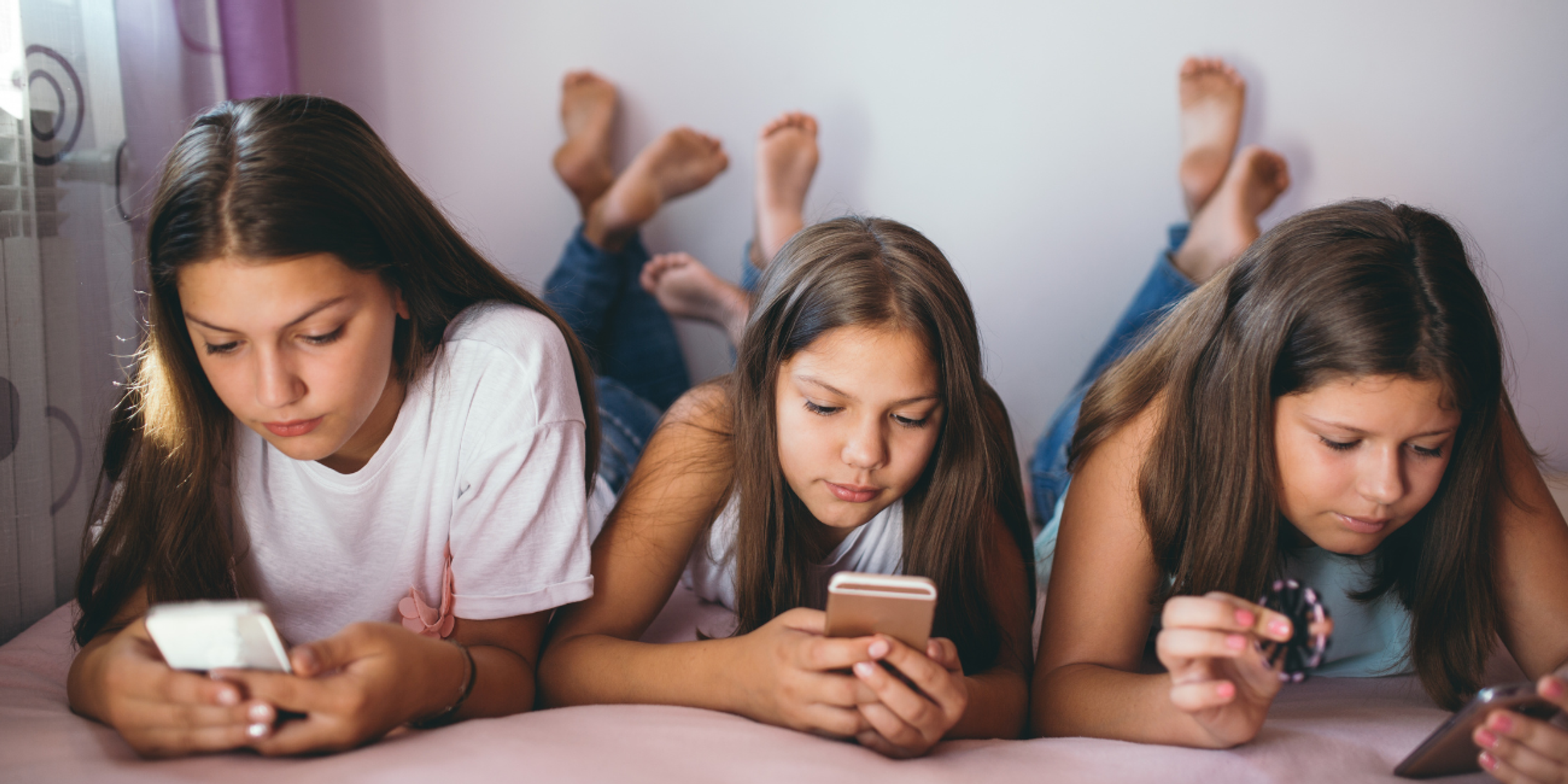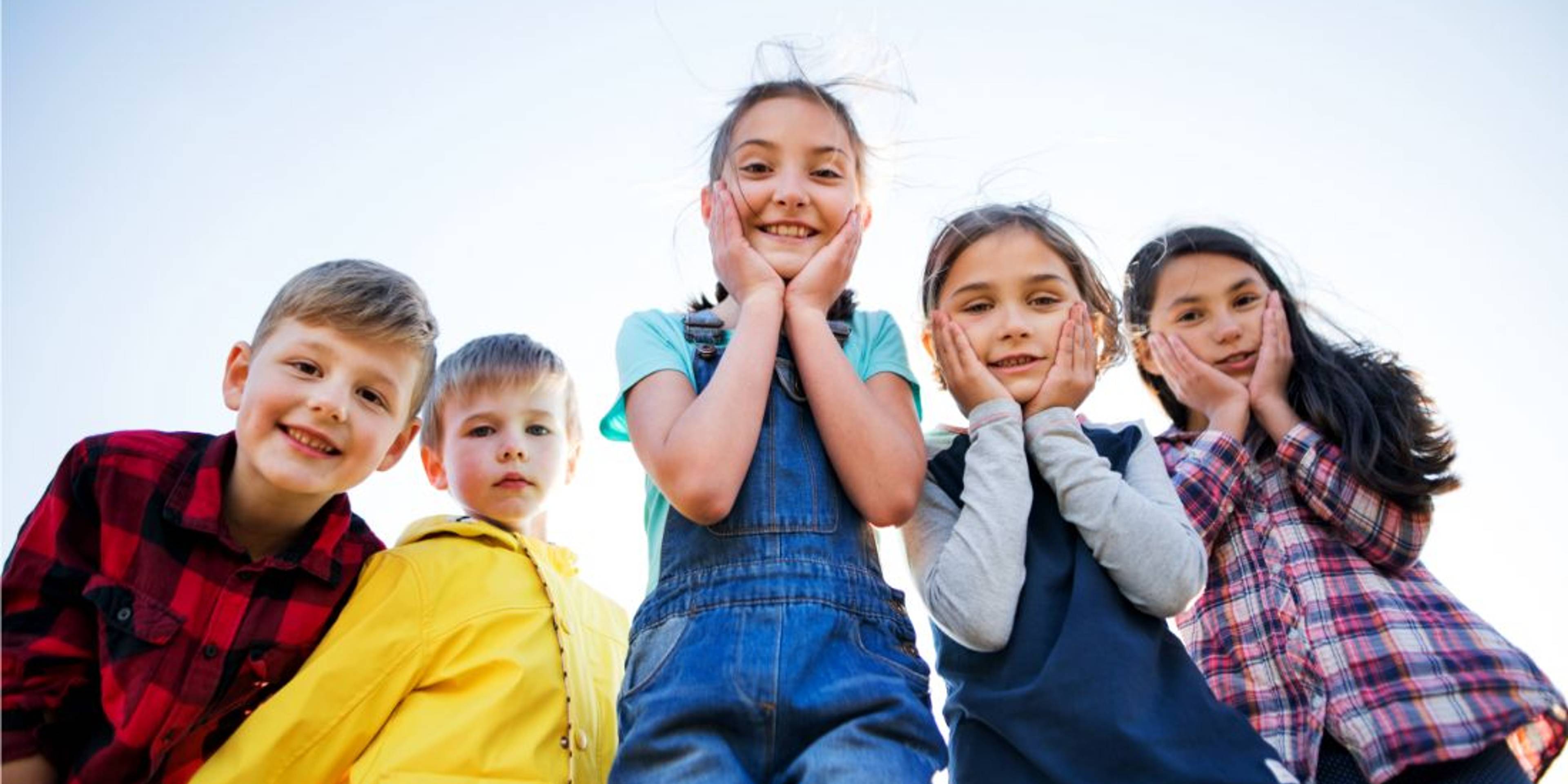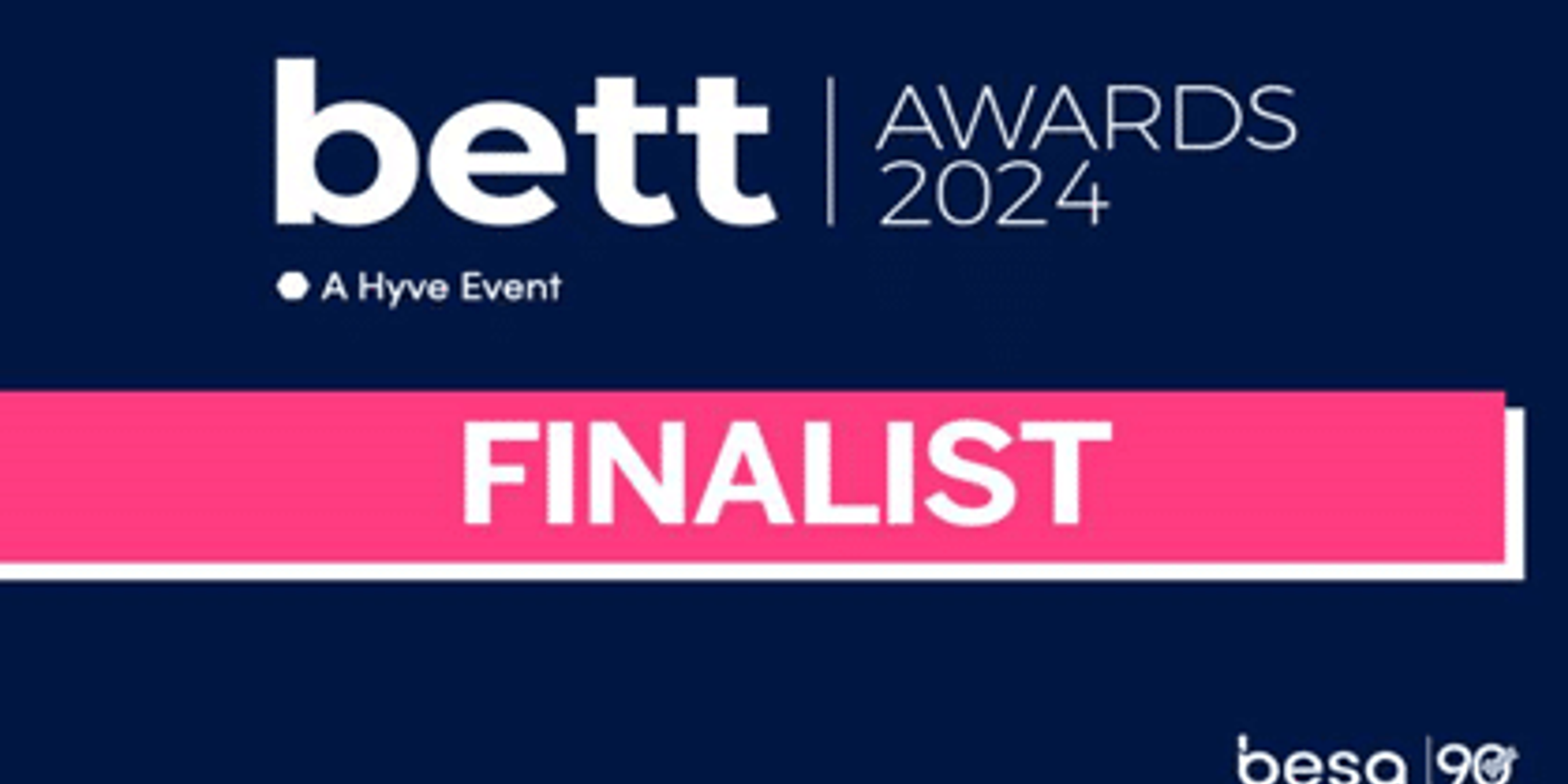
School mindfulness lessons don’t work for teenagers, study says
Here at Tooled Up Towers, we love to see how interventions work in real life. It isn’t easy to prove if something works, so we were excited to learn that a randomised control trial has been carried out on teaching mindfulness in schools.
Mindfulness is the practice of being aware of what is happening in the present moment. It is a way of reducing how much we worry about the future or ruminate on the past. A therapy based on teaching mindfulness skills to stay well has been proven to reduce depression in adults. So, what would happen if we taught mindfulness in schools?
Do mindfulness lessons improve children’s mental health?
There is a body of research that points toward mindfulness being beneficial in schools, but a lot of the studies are small scale so can’t prove its effectiveness.
The MYRIAD study is a randomised control trial – the gold standard of research tools – designed to test the effect of mindfulness lessons on children’s resilience. Some 84 schools were involved, and almost 8,500 children. Researchers from Oxford University collaborated with the Mindfulness in Schools Project, to develop a mindfulness programme of 10 lessons that teachers were trained to deliver in schools. The lessons covered skills such as training attention, moving mindfully and gratitude. The mindfulness programme was compared with the social and emotional learning that was already being taught in those schools.
Researchers measured children’s mental wellbeing before the training, after it, and again, a year later, and found no improvement.
We might imagine that this would come as a disappointing blow to mindfulness advocates keen to bolster child mental health. However, the research has highlighted the importance of how we use mindfulness, and paved the way for employing it in effective ways in the future.
One of the key outcomes was that children found the lessons “boring”, so there was little engagement with it. The programme asked them to continue practising the skills at home, and not many did. Prof Mark Williams, one of the researchers working on the project, likened it to “going to the gym once and hoping you’ll get fit”.
The study has shown that the mindfulness programme – taught to all students – didn’t work. However, it suggests looking into more targeted interventions based on age and mental health issues. We wonder if this leaves the door open for mindfulness in schools, but tailored to a student’s requirements?
How can we weave mindfulness into daily school life?
Sometimes, we have to hide vegetables in the kids’ bolognaise sauce at dinnertime. If children find mindfulness lessons “boring”, could we instead incorporate mindfulness into other activities?
Any teacher who can create a flow-state of absorption and engagement in an activity is in fact activating mindfulness.
Five ways schools can teach mindfulness (by stealth!) in schools:
- Create clubs that allow students to follow their passions with like-minded people. This could be activities where students are in a state of flow (listen to our podcast to learn more) or fully absorbed in their work. Alongside the essential sports clubs, why not consider other things that really interest your community? Dungeons and Dragons? Online gaming (where content and communication is positive)? Make up? LGBTQ+? Encourage students to get absorbed in their interests – and find their tribe too!
- Short bursts of mindful activity within lessons. These can help to train our attention. Mindfulness practitioners famously use the ‘raisin exercise’, where people are encouraged to really taste and experience a raisin. This is something that can be easily adapted to the classroom. Anything can be used. Ask students to complete a task from your lesson plan, but slow it down for 5 minutes. This could work well where children are using their hands as well as their brains, such as in science experiments, DT lessons, cookery, and art. Encourage them to notice small details (the sound of the pencil on the paper, the texture of the wood, the smell of the food, for example).
- Find the equivalent to “I-spy” at school. This can be a way of grounding ourselves to a space. Perhaps you could do a treasure hunt where students really notice and engage with their surroundings? Find a certain quote from a book in the library? Ask them to research dyslexia or autism and assess one or two classrooms in the shoes of a person with these conditions? Get outside and explore, using our 75 Things to Do Outside guide?
- Help children to understand anxiety and what it does to our minds and bodies, before encouraging them to be mindful of their emotions. In this way, anxious children can learn to explore anxiety rather than be trapped in it. You could use our keeping calm exercises to help children manage anxiety.
- Create a space that is truly peaceful. Consider creating an area entirely dedicated to silence and peace. Provide activities such as colouring, sewing or use our 30 calming drawing ideas. Essentially, this is a space that children choose to come to, which is staffed by someone dedicated to upholding the peace!
More News

Jan 19, 2026
New PSHE Resources on Social Media Now Live for Testing
We’re delighted to share an exciting update on our collaboration with researchers from the University of Manchester. Following our announcement in June 2025, the first PSHE lesson resources developed through this partnership are now live on the Tooled Up Education platform and are available for testing.

Dec 17, 2025
Supporting Healthier Masculinities with Professor Michael Flood
We’re excited to be working with Professor Michael Flood, one of the world’s leading researchers on men, masculinities, gender equality and violence prevention.

Jun 19, 2025
Tooled Up Education to Collaborate with Researchers from the University of Manchester
Tooled Up Education is excited to announce we will be collaborating as a research partner with researchers from the University of Manchester.

Mar 17, 2025
Netflix's Adolescence: related resources in Tooled Up
Have you watched Adolescence on Netflix? Do you want to learn more about the issues raised? We have webinars and podcasts available to everyone, along with CPD and classroom resources available to Tooled Up teachers.

Oct 10, 2024
Tooled Up supports Bank of Ireland's 'Wild Child' campaign
Here at Tooled Up, we are really excited about our ongoing partnership with Bank of Ireland and we're very proud to have worked on a two-month long initiative aimed at supporting Bank of Ireland employees and their families. The ‘Wild Child’ campaign was a weekly digest delivered directly to BOI staff through August and September 2024, offering a range of resources, tools and support and for staff and their families.

Sep 09, 2024
Have smartphones and social media led to an anxious generation?
In this analysis, Dr Margarita Panayiotou, Senior Lecturer in Quantitative Methods in the Institute of Education at The University of Manchester, goes beyond the headlines to consider what the evidence really shows about the impact of smartphones on young people's mental health.

Apr 30, 2024
Sextortion: what is it and why is it in the news?
The National Crime Agency has issued an alert to UK teachers following an increase in sextortion: a type of online blackmail in which the offender threatens to release nude or intimate photos of the victim.

Mar 08, 2024
#InspireInclusion: Celebrating International Women’s Day
You are probably already aware that it’s International Women’s Day today. This year’s theme is #InspireInclusion and the event focuses on celebrating women’s achievements, raising awareness about discrimination and taking action to drive gender parity. Working as part of a small (but growing) team of fantastic women (and men), these are things that we are passionate about at Tooled Up, and we have plenty of resources for the Tooled Up community which will help to break down stereotypes and recognise the successes of some remarkable women.

Nov 17, 2023
Tooled Up Education – 2024 BETT Awards Finalist
We are delighted to announce the exciting news that Tooled Up Education has been shortlisted as a finalist for the 2024 BETT Innovation Award.

Sep 27, 2023
Tooled Up Education Joins Forces with ISEB to Champion Pupil Wellbeing in Admissions Tests and Exams
We are really excited to launch the Parent Power Toolkit, a new set of resources that we’ve produced for The Independent Schools Examination Board (ISEB), which are all designed to empower parents to support their children’s mental health and wellbeing throughout their admissions test journeys and equip families with the tools needed to help children navigate change.